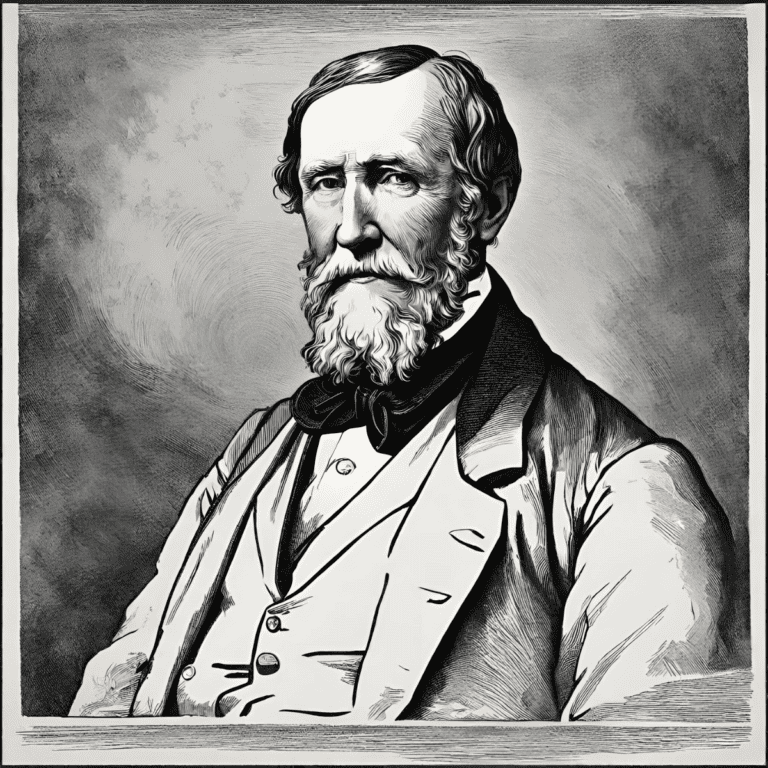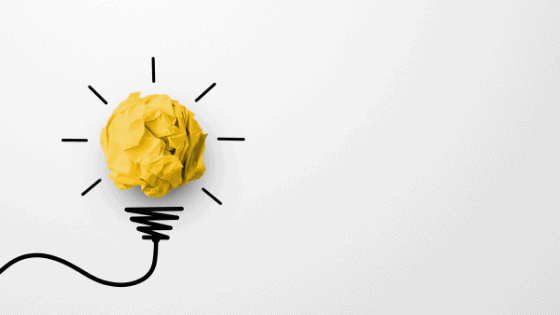Stephen Covey Quotes – Discussing The Best Covey Quotes
Stephen R. Covey (1932 – 2012), was an American educator, author, businessman, and keynote speaker, who holds a significant place in the world of personal development and professional leadership.
Covey is most known for his international best-seller, “The 7 Habits of Highly Effective People“, first published in 1989.
His work has profoundly influenced people worldwide, helping them enhance their personal and professional effectiveness. The book presents a holistic, principle-centered, character-based approach for solving personal and professional problems.
Covey’s quotes, stemming from his deep insights into human nature and organizational behavior, resonate with individuals across various spectrums. His quotes encapsulate wisdom, virtue, and life lessons, providing actionable advice and guidance.
Here are some of Stephen Covey’s most famous and impactful quotes that continue to inspire and instruct millions around the globe.
Stephen Covey Quotes
“Begin with the end in mind.”
This quote speaks to the importance of clear goal setting. By visualizing what we want to achieve, we can better align our actions to reach that destination.
The concept encourages knowing where we are going, proactive planning and thinking ahead, which can guide us through complexities and uncertainties.
“The key is not to prioritize what’s on your schedule, but to schedule your priorities.”
Covey is encouraging us here to focus on what truly matters.
Rather than letting the demands of our schedule control us, we should take charge by scheduling time for our priorities—those tasks that align with our values and contribute to our goals.
“I am not a product of my circumstances. I am a product of my decisions.”
This quote speaks to the power of personal agency and responsibility.
It suggests that we have the ability to choose our responses to any situation, and those choices, rather than our circumstances, ultimately shape our lives.
“Trust is the glue of life. It’s the most essential ingredient in effective communication. It’s the foundational principle that holds all relationships.”
Trust is vital in all aspects of life—personal, professional, societal. Without trust, communication breaks down and relationships falter.
Covey emphasizes the necessity of building and maintaining trust for effective human interaction.
“Most people do not listen with the intent to understand; they listen with the intent to reply.”
Active, empathic listening is the cornerstone of effective communication.
This quote reminds us that listening should not merely be a passive reception of words but an active effort to understand the speaker’s perspective.
“To change ourselves effectively, we first had to change our perceptions.”
Perception is powerful; it shapes our reality.
Covey suggests that personal transformation begins with changing how we see and interpret the world, emphasizing the role of mindset in effecting real change.
“Live out of your imagination, not your history.”
This quote underscores the importance of forward-thinking and creativity.
It encourages us to not be bound by past experiences but to use our imagination to visualize and create the future we desire.
“You have to decide what your highest priorities are and have the courage—pleasantly, smilingly, non-apologetically—to say no to other things. And the way to do that is by having a bigger ‘yes’ burning inside.”
This quote epitomizes Covey’s principle of “Put First Things First”.
Setting priorities means making tough choices. Covey reminds us to firmly, yet graciously, decline tasks or activities that don’t align with our main goals. It’s easier to say ‘no’ when we have a more compelling ‘yes’.
“We are not human beings on a spiritual journey. We are spiritual beings on a human journey.”
Covey’s spiritual leanings are reflected in this profound quote, which reminds us of our essential nature and purpose.
This quote speaks to Covey’s view of life from a broader perspective. It serves as a reminder of our spiritual nature and implies that our life experiences should be seen as part of our spiritual development, not separate from it.
“Management is efficiency in climbing the ladder of success; leadership determines whether the ladder is leaning against the right wall.”
This quote differentiates between effective execution (management) and wise direction (leadership).
It serves as a reminder that being efficient isn’t enough if we’re headed in the wrong direction; the right goals must be set first.
“Just as we develop our physical muscles through overcoming opposition – such as lifting weights – we develop our character muscles by overcoming challenges and adversity.”
Covey’s quote encourages us to view challenges not as setbacks but as opportunities for character development.
It teaches us to embrace adversity, understanding that it is a necessary part of our journey toward personal growth and self-improvement.
“The main thing is to keep the main thing the main thing.”
This quote encapsulates Covey’s third habit, ‘Put First Things First,’ from his book “The 7 Habits of Highly Effective People”.
This habit stresses the importance of living a life that is in accordance with one’s values and long-term goals, rather than reacting to immediate demands or distractions.
“Every human has four endowments – self awareness, conscience, independent will and creative imagination. These give us the ultimate human freedom… The power to choose, to respond, to change.”
Together, these four qualities equip us with the power to choose our reactions and responses to any situation, and the ability to bring about change – in our attitudes, behaviors, and circumstances.
They underscore Covey’s concept of ‘proactivity’, which encourages us to take the initiative and responsibility for our lives rather than being reactive to external influences.
“Seek first to understand, then to be understood.”
Covey suggests that we should first strive to understand their feelings, thoughts, and viewpoint, placing ourselves in their shoes.
This deep understanding can build trust, reveal insights, and defuse conflict, promoting more meaningful communication and stronger relationships.
“Strength lies in differences, not in similarities.”
Covey challenges the conventional notion that strength and unity come from similarity.
Instead, he proposes that it is our differences – our diverse skills, perspectives, experiences, and ideas – that truly make us stronger.
“Every time you think the problem is ‘out there,’ that very thought is the problem.”
This quote underscores the importance of taking personal responsibility and shifting from a reactive mindset to a proactive one.
Often, when faced with problems or difficulties, it’s tempting to attribute them to external factors – circumstances, other people, luck, etc. – anything but ourselves.
By placing the blame “out there”, we give away our power and ability to change the situation.
It serves as a reminder that the power to change our circumstances often lies within us, and that begins with changing our perceptions and attitudes.
Each of these quotes has the power to initiate a shift in our thinking and behavior, promoting personal growth and effective living. They embody the timeless wisdom and practical knowledge that Stephen Covey sought to impart, making his contributions enduringly relevant in our fast-paced, ever-changing world.
For more inspirational quotes, check out:





